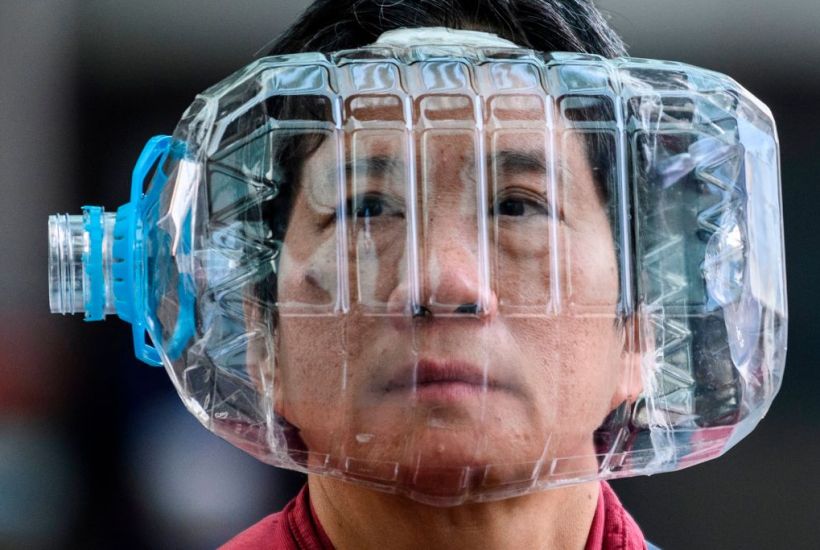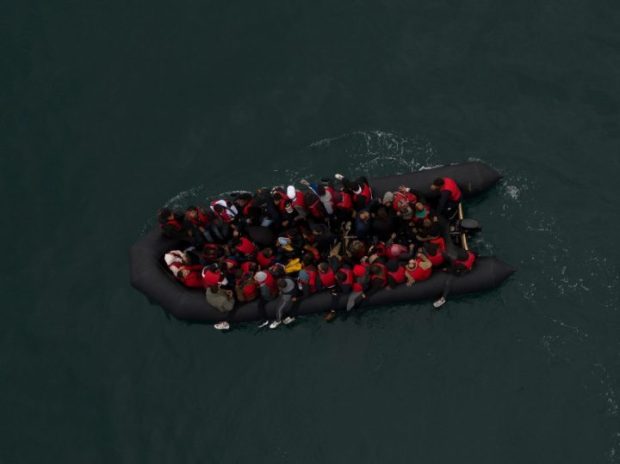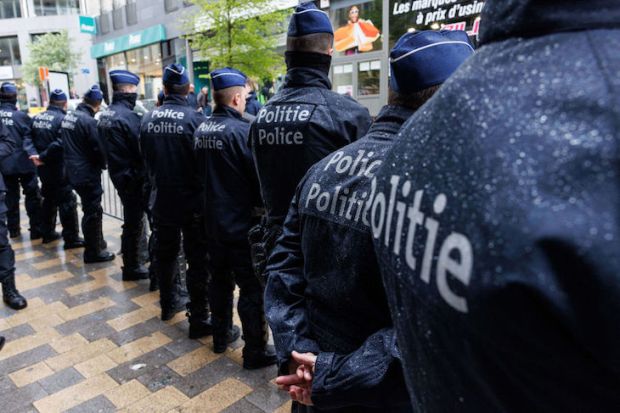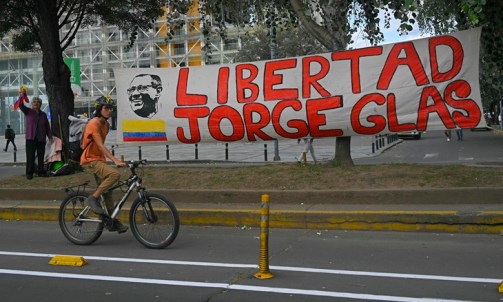The World Health Organisation (WHO) has sometimes been too slow to properly react to major outbreaks of illnesses or diseases. It delayed declaring the ebola outbreaks in West Africa (in 2014) and in Democratic Republic of Congo (last year) to be public health emergencies. Its reaction to coronavirus, however, has been swift. But this is controversial for what it seems to reveal about the WHO’s relationship with – and its possible fear of upsetting – China.
After the Sars outbreak back in 2003, the WHO was handed the power to manage outbreaks which pose a global risk. This legislation (called the International Health Regulations (2005)) was brought in to overcome the problem of governments trying to conceal potentially deadly outbreaks. It hands WHO the authority to declare emergencies, make recommendations for the prevention, detection and response to outbreaks and, where necessary, implement travel and trade restrictions.
Last week, the WHO used this power to declare coronavirus (nCoV2019) a public health emergency of international concern (PHEIC). But the WHO’s director general Dr Tedros Adhanom Ghebreyesus gave a curious explanation for this decision.
Ghebreyesu said ‘the main reason for this declaration is not what is happening in China, but what is happening in other countries’. He was also quick to praise China for its extraordinary attempt to contain the virus. Given that China has implemented heavy-handed public health measures, locking down cities and infringing on civil liberties in doing so, this is a particularly controversial thing to say.
As an organisation, it is understandable that the WHO is wary of upsetting its members. It treads a fine line between independence and its obligation to its electorate.
At this crucial turning point in how we manage global health crises, it’s vital that the WHO demonstrates meaningful leadership. As well as praising proportionate responses to the outbreak of infections, it should also challenge when states go too far. It needs to hold countries to account when they take overly-zealous activities, such as imposing quarantine or travel bans which might not be all that useful or necessary to limit the spread of diseases. On this point, it is arguable that China has crossed the line. So why is the WHO not rebuking China?
This apparent tendency of the WHO to tread too carefully, particularly when it comes to bigger countries, is not a one off. In February 2016, the WHO rushed to declare Zika-associated microcephaly a PHEIC. This decision, the organisation later admitted, was connected to the Olympics due to take place that summer in Rio de Janeiro (the epicentre of the outbreak). Cancelling the Games would challenge Brazil’s global image, a BRIC state with a growing economy and increasing influence in WHO. Did this context explain why the WHO was so quick to respond in this case?
By contrast, its apparent inaction over ebola – which may, admittedly, be because of the lack of potential for global spread owing to limited transport and trade routes – could point cynically to the lack of value the WHO places on African countries, which do not have the same political or economic clout to demand action (or inaction).
Whatever the reason for the WHO’s quick reaction to coronavirus (and the slower pace with which it has reacted in other cases) it is worth asking the question: can we have faith in this organisation if it really is kowtowing to China?
It certainly appears that the WHO and China enjoy a sometimes cosy relationship. Unlike many states, China has remained up to date with its contributions to WHO. It also offers major voluntary contributions to its work. China is prolific too in health system development in sub-saharan Africa. And there are rumours that the Chinese government backed Dr Tedros’ nomination to become director general in 2017. If so, its support – given Tedros’ praise of China in recent days – seems to be well founded.
So does the WHO’s reaction to China’s management of the coronavirus outbreak demonstrate good leadership in global health emergencies? Or is its response about ensuring the continued support of a major donor to global health activity? If it’s the latter, then the WHO’s credibility – and its legitimacy in future global health emergencies – is in danger.
Clare Wenham is assistant professor of global health policy at the London School of Economics




















Comments
Don't miss out
Join the conversation with other Spectator Australia readers. Subscribe to leave a comment.
SUBSCRIBEAlready a subscriber? Log in